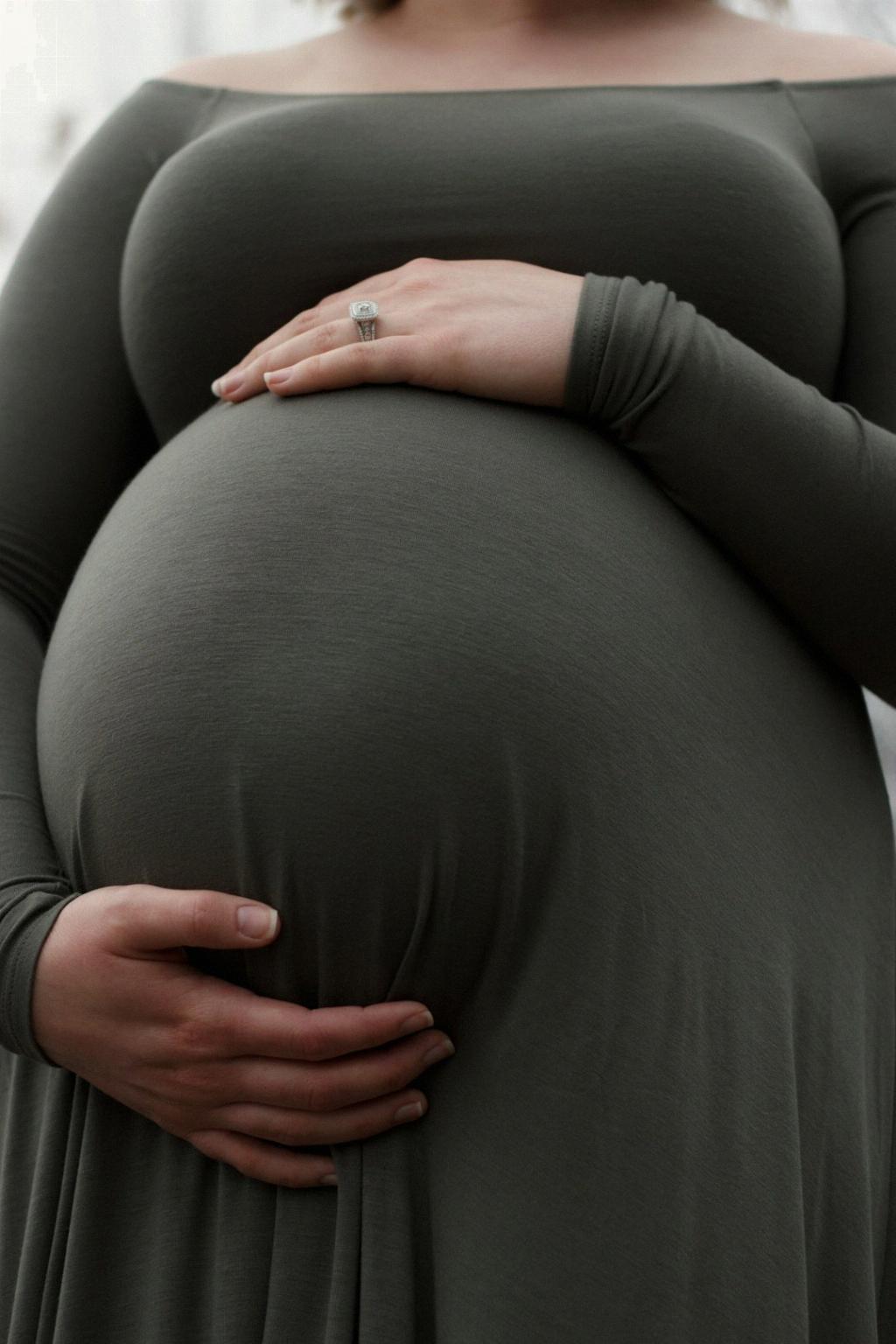Calculating the exact date you became pregnant can feel like a daunting task, but it is certainly possible to estimate with some degree of accuracy. One common method to determine the approximate date of conception involves considering your ovulation cycles. Ovulation typically occurs around two weeks after the start of your menstrual period and lasts for a couple of days.
Determining the Date of Your Last Menstrual Period
To calculate the date you were pregnant, begin by determining the date of your last menstrual period. This is a crucial starting point for estimating when conception may have taken place. Knowing the date of your last period allows you to make a more informed guess about the timing of ovulation and potential conception.
Estimating Ovulation Time Frame
Once you have identified the date of your last menstrual period, you can then estimate the likely timeframe for ovulation. As mentioned earlier, ovulation typically occurs approximately two weeks after the start of your period. This information can be pivotal in pinpointing the period when conception likely took place.
Understanding Ovulation Cycles
It’s important to remember that every woman’s body is unique, and ovulation cycles can vary from person to person. While two weeks after your period is a common estimate for ovulation, it’s essential to pay attention to your body’s signals and track your menstrual cycles to better predict your fertile window accurately.
Tracking Fertility Signs
Monitoring your body for signs of fertility can also assist in calculating the date of conception. This may include observing changes in cervical mucus, fluctuations in basal body temperature, or utilizing ovulation predictor kits to identify the most fertile days in your cycle. By being attuned to these signs, you can enhance the accuracy of your conception date estimation.
Consulting with a Healthcare Provider
If you are uncertain about the date of conception or encounter challenges in calculating it on your own, do not hesitate to consult with a healthcare provider. Medical professionals can offer guidance and support in determining the most likely timeframe for conception based on your unique circumstances.
Importance of Prenatal Care
Once you have estimated the date of conception, it is crucial to prioritize prenatal care to ensure a healthy pregnancy. Regular prenatal check-ups, proper nutrition, and lifestyle choices play a significant role in supporting the well-being of both mother and baby throughout the pregnancy journey.
Embracing the Journey of Pregnancy
Discovering the exact date you were pregnant marks the beginning of a transformative and awe-inspiring journey of parenthood. Embrace each moment of pregnancy with wonder and excitement, savoring the milestones along the way as you prepare to welcome a new life into the world.
Sharing the News with Loved Ones
Once you have calculated the date of conception, sharing the joyous news with loved ones can be a heartwarming experience. Whether through a creative announcement or a heartfelt conversation, celebrating this special moment with family and friends can foster a sense of connection and support during your pregnancy.
Preparing for the Arrival of Your Baby
As you reflect on the date you were pregnant and anticipate the arrival of your little one, take time to prepare for the journey ahead. From setting up the nursery to attending childbirth classes, each step brings you closer to the moment when you will hold your precious baby in your arms for the first time.
Celebrating the Miracle of Life
Calculating the exact date you were pregnant is a remarkable milestone that symbolizes the beginning of a new chapter filled with love, hope, and boundless possibilities. As you navigate the joys and challenges of pregnancy, remember to cherish the miracle of life growing within you and embrace the transformative power of motherhood.

